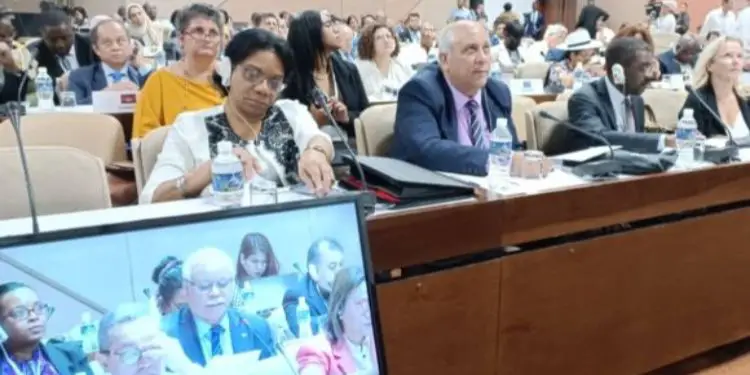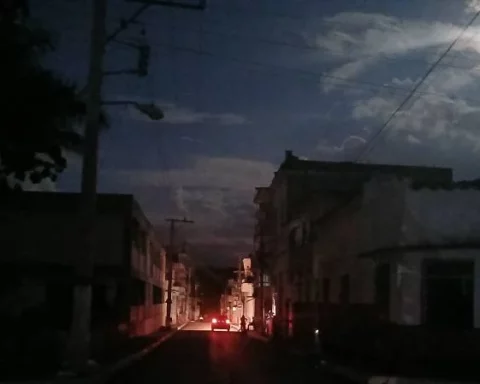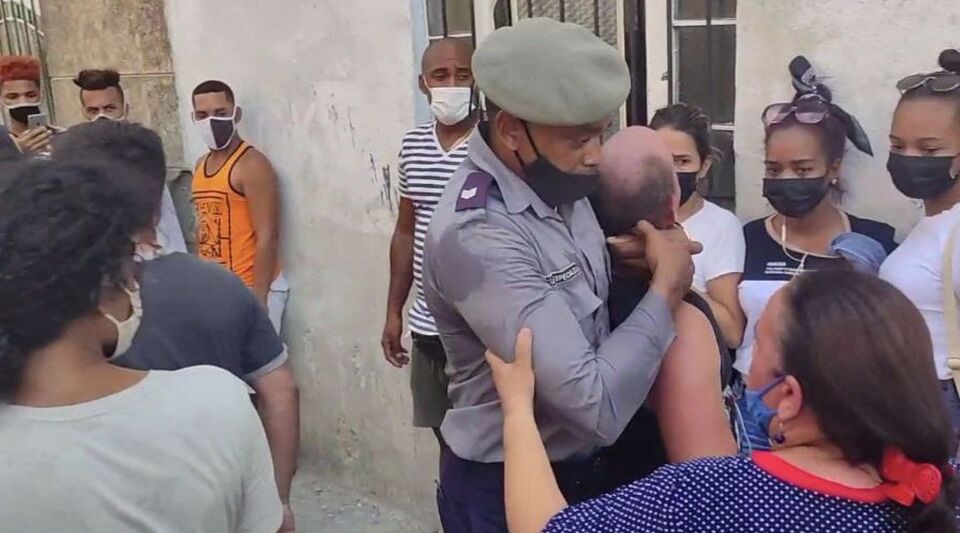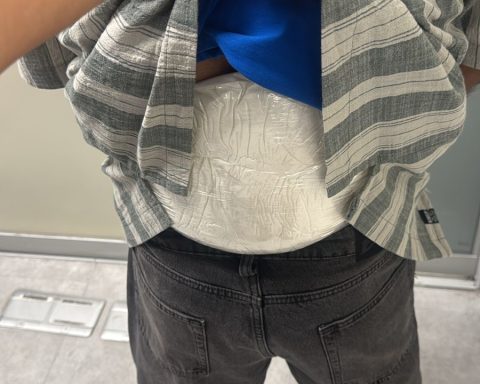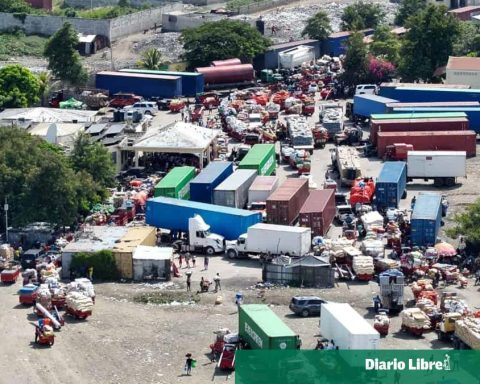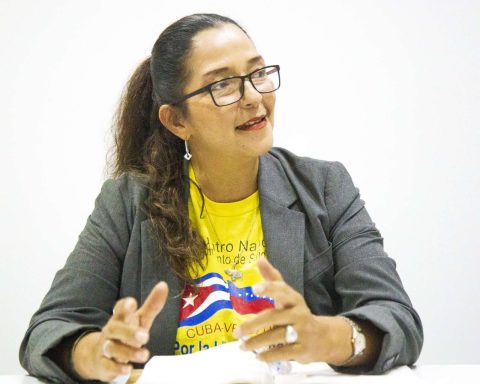CDMX, Mexico. – Last May 4 cubadebate public a review of the meeting of ministers of Culture of the Group of 77 + China, convened by Cuba as president pro tempore of the organization
The Cuban dictatorship follows the strategy of “everything to sell”, but in the middle of a systemic crisis, the biggest in its republican history, it only manages to sell propaganda, thanks to the media seized by the Communist Party.
In this meeting, the word “culture” is diluted into a broken sack, everything and anything is “culture”: traditions and customs, cultural creation, single party, ideology, control of the media and the media environment, and the US embargo. However, public policies towards cultural creation, the center of what should have been a meeting of public servants, was left out of the meeting.
Be careful reading cultural traditions!
Several political personalities in Cuba affirm that the single party and the unity of powers are part of “Cuban cultural identity.” This has been said by powerful personalities such as Miguel Díaz-Canel, Homero Acosta and Martha Prieto, among others.
The Island’s Minister of Culture, Alpidio Alonso Grau, for his part, declared at the meeting:
“We are witnessing a scenario with deep systemic and structural crises, energy, climate, food, due to the rejuvenation of geopolitical conflicts and the increase in inequalities, and all of them have an impact on culture. Promoting it as a public good is betting on a more equitable and just world”.
A decaffeinated statement that serves governments that violate human rights as well as governments that respect them, because culture in Cuba is not a public good, but a sphere of domination and repression to “normalize” the totalitarian Stalinist dictatorship. There are the examples of Luis Manuel Otero Alcántara and Maykel “Osorbo” Castillo, cultural creators imprisoned for their political dissidence.
This is also evidenced by the history of repression against Cuban artists and intellectuals in the last six decades. Each generation has provided victims of government repression against freedom of expression, freedom of the press, academic freedom and artistic creation.
Alonso Grau himself has been contested by the public, who He has legally asked for his resignation, but in Cuba the citizens are not respected, and the minister continues in his position.
What does the dictatorship understand by Cuban culture?
The plastic arts, the cinema, the theater, education, the Social Sciences and the mass media, children of their time and committed to the interests of their communities, remain kidnapped and gagged by the dictatorship. An experience and situation similar to that suffered by artists and intellectuals, academics and journalists under the Soviet regime in the ex-communist countries of Eastern Europe and in Russia itself under the domination of the communist party.
The Cuban dictatorship understands as “Cuban cultural identity” the single totalitarian party, the system that does not allow the election of political representatives, the economic centralization of large state monopolies that control the economy and produce an army of parasitic bureaucrats, closed control of the mass media, indoctrinated ideological education and surveillance of artists and intellectuals by the Ministry of Culture.
In these manipulations of “culture” the violations of cultural rights and other human rights are hidden and serve a colonial left that persists in turning its back on universal human rights.
Many of the countries attending the G7 + China meeting of culture ministers present outstanding human rights violations: China and several African countries, for example, far from dealing with their governments’ human rights violations, present demands for recognition to developed countries.
China should have clarified why its government has violated the rights of Tibet, Hong Kong and Taiwan; and several African countries, why don’t they prohibit female cutting in their territories, a practice considered a “cultural tradition” and that violates millions of women?
This colonial left, present at the Havana meeting, denies universal human rights as the central axis of its public policies, and instead presents demands for international leadership.
All those States gathered in Havana must first look at each other’s navels, before fabricating a speech that has nothing to do with the reality of their domestic policies, and review all civil political violations and against the cultural creation of their peoples. None of those present actually defended indigenous cultural creation, biased by the interests of those who govern and allow or even generate the most flagrant violations of human rights, sometimes in the name of “popular culture.”
OPINION ARTICLE
The opinions expressed in this article are the sole responsibility of the person who issues them and do not necessarily represent the opinion of CubaNet.
